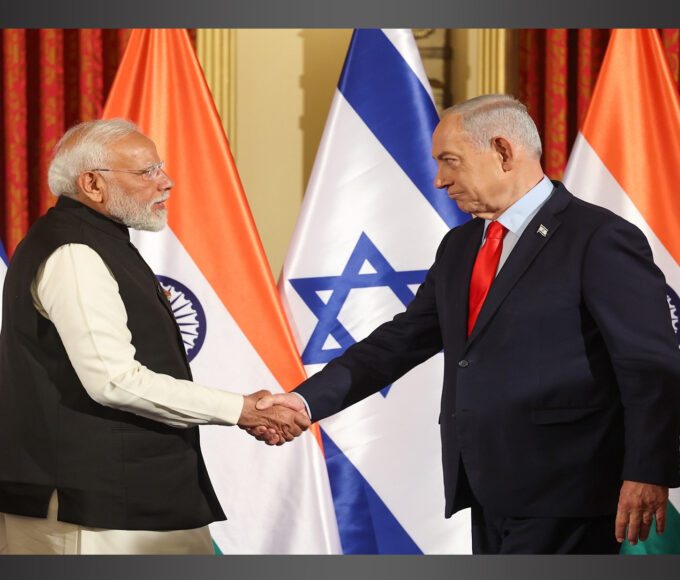THE now famous slogan, ‘It’s the economy, stupid’, is given a big chunk of the credit for the election-winning campaign of Bill Clinton in 1992. Slogans work in elections because they effectively capture the current aspirations of the electorate.
Similarly, Modi’s campaign of 2014 successfully captured a great yearning among the Indian electorate for a change in the prevailing system. He cited a large number of problems confronting the electorate—corruption, inflation, lack of electricity and roads, poor quality of education and health facilities, and so on. He promised to deliver on these fronts not by throwing more money but by changing the system, including the political system. Therefore, people voted for Modi and not necessarily for the BJP.
In identifying the dysfunctional system as the root of most of our problems, Modi was right on the mark. All management experts agree that 80 per cent of the performance of any organisation depends on the quality of its systems and only 20 per cent on its people. This should not be surprising for most of us in India. We often wonder how a mediocre colleague from school or college who went abroad has become so amazingly rich (and famous). The answer is simple: He went and worked in a system that allows ordinary people to do extraordinary things and rewards them for doing so. He did not have uncles and aunts to promote and help him.
On the other hand, we take some of the best minds in the world in the government through the UPSC and yet cannot deliver what is expected from government organisations. Take Air India, for example. Having come to his wits’ end, the then Prime Minister, PV Narasimha Rao, appointed Russi Mody, an iconic management giant from the house of Tatas, the combined Chairman of Air India and Indian Airlines in 1993. After tumultuous infighting with the entrenched civil aviation bureaucracy, Mody resigned before his term expired in 1997. The moral of the story is that one man, no matter how brilliant, cannot deliver if the system is not changed. To be fair to Mody, he was given the mandate to turn around the airlines without changing the system.
As mentioned earlier, only 20 per cent of performance can be explained by the contribution of its staff, the balance is a result of ‘quality of systems.’ Of this 20 per cent, the quality of leadership accounts for 80 per cent. This too is not surprising. Ashoka and Alexander were great leaders with effective systems. The rank and file in their armies rose to the occasion and conquered the world for them. We do not even know the names of their soldiers, only the kings.
It is always possible to get work done by using intimidation and fear tactics. However, these are not sustainable in the long run. We have a classic example of Chief Minister Chandrababu Naidu, who used extensive monitoring as a way to improve his government’s performance in undivided Andhra Pradesh. It worked in the short run, while he was at the peak of power, but performance went back to old levels as soon as he left.
Unlike Naidu, to improve the dismal performance of public enterprises, the Government of India introduced the system of Memorandum of Understanding (MoU) in 1991 as part of the New Industrial Policy and reforms. An MoU is a performance contract between the Secretary of a department, on behalf of the owners, and the chief executive of the public enterprise. Each public enterprise is held accountable for rigorous, verifiable and measurable targets. The MoU system has survived changes in governments and the performance figures indicate a dramatic turnaround. Today, the Initial Public Offerings of public enterprises do far better than those of the private sector.
As a Planning Commission study found, over a comparable 10-year period, the average annual compounded profit of central PSUs, under the MoU system, was around 14 per cent. For the same period, state PSUs, without the MoU system, made an average compounded loss of around 17 per cent. Thus, it is reasonable to conclude the MoU system made a difference of 31 per cent to performance.
The general point is that a change in systems contributes much more to the performance of an organisation than mere change in persons working in it. Human beings respond to incentives and systemic changes are required to change these incentives. Having changed the people, the government must now focus on re-engineering government systems.
The writer is former Secretary to the Government of India, Performance Management Division, Cabinet Secretariat












































